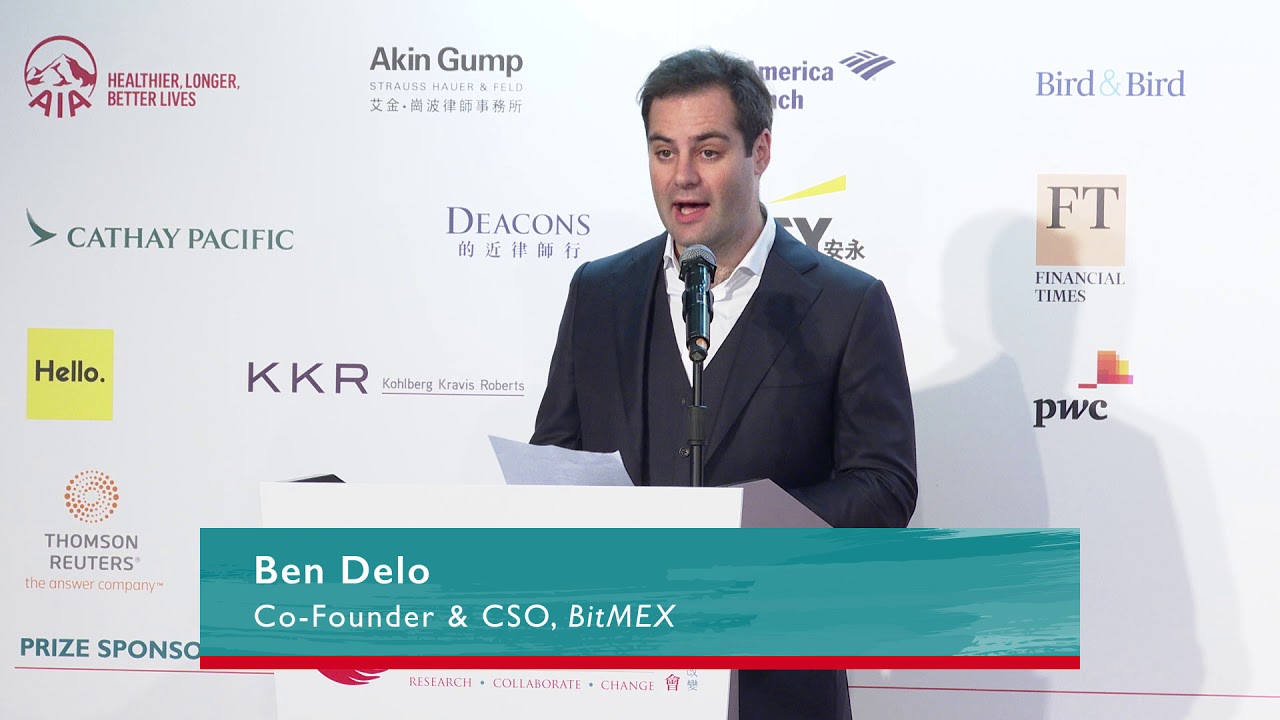Recent reports note BitMEX co-founder Benjamin Delo has surrendered to authorities after he was charged with helping the company evade AML regulations.
Delo pleaded not guilty and was released on bail. The exchange allowed users to leverage up to 10000% their BTC position, making it popular among speculators.
“What we’re seeing here with BitMEX… it won’t be the last exchange to get hit with AML & KYC violations. Part of that is because some operators intentionally flout the laws. Another part can be traced to technological implementation,” noted Richard Gardner, CEO of Modulus, a US-based developer of ultra-high-performance trading and surveillance technology that powers global equities, derivatives, and digital asset exchanges.
“Many of these exchanges were created using technologies that are antiquated or not well designed for the rigors of regulation. Instead of investing in the proper tools and legal advice to stay well ahead of the law, many exchanges decided to shoestring it, buy inferior technology, and move ahead without fully understanding the risk. Now, those chickens are coming home to roost.”
“During the bull run on cryptocurrency several years back, new operators were itching to get into the game fast. They didn’t have the time to develop their own technology, and they didn’t have the money to pay for quality exchange software that had been tried and true for decades. So, they bought into new white-label software providers that didn’t have any experience building exchanges. Without experience in the space, they never really considered what would happen once regulators caught up with the innovation, and their clients didn’t know enough to ask,” noted Gardner.
“Cryptocurrency exchanges are so complex because they’re regulated so differently across the globe. Planning to be compliant in one country isn’t enough to make you compliant in the next. We’ve always designed software to be compliant in the most restrictive jurisdictions, as well as plan for where they will be in five years’ time. That’s not always possible, as regulators can be reactionary in implementation, but it is the goal. The lowest hanging compliance fruit is being on top of AML & KYL regulations. Exchanges can use geofencing to help ensure compliance. When you’ve decided that you’re going to invest in compliance, there are so many tools available to make sure it is done correctly, so that you don’t end up like the BitMEX co-founders,” explained Gardner.
Modulus is known throughout the financial technology segment as a leader in the development of ultra-high frequency trading systems and blockchain technologies. Several years back, the company launched the Modulus Market Surveillance & Risk Management System, which provides clients with actionable alerts identifying market manipulation, abusive trading behavior, and money laundering to ensure adherence to regulatory guidelines and rules that govern trading conduct.
“We, at Modulus, have always been intent on limiting client risk, and that starts with ensuring their technology stack is compliant with the latest rules and regulations. So many crypto-preneurs see compliance as a cost, but, in truth, it can be the difference between operating profitably and not operating at all,” noted Gardner.
Over the past twenty years, the company has built technology for the world’s most notable exchanges, with a client list which includes NASDAQ, Goldman Sachs, Merrill Lynch, JP Morgan Chase, Bank of America, Barclays, Siemens, Shell, Yahoo!, Microsoft, Cornell University, and the University of Chicago.


 Forex3 weeks ago
Forex3 weeks ago
 Naira2 weeks ago
Naira2 weeks ago
 Billionaire Watch2 weeks ago
Billionaire Watch2 weeks ago



 Naira3 weeks ago
Naira3 weeks ago






 Naira2 weeks ago
Naira2 weeks ago




 Naira1 week ago
Naira1 week ago




 Naira4 weeks ago
Naira4 weeks ago






 Naira1 week ago
Naira1 week ago























